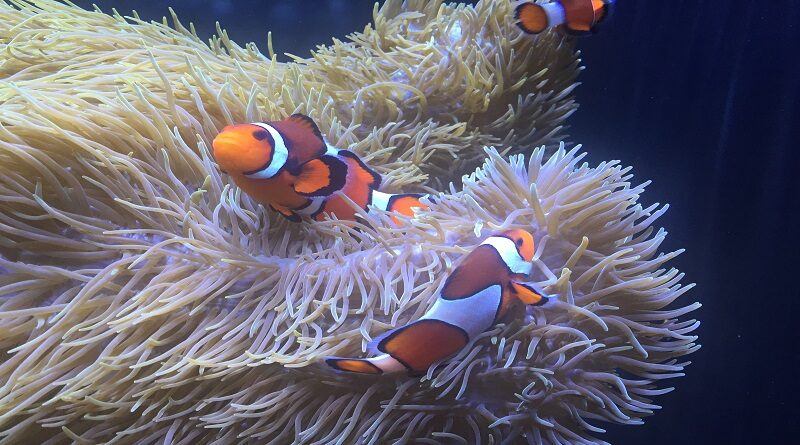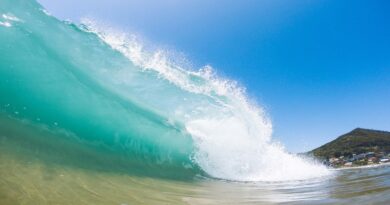Postgraduate courses in Marine Biology
Marine biology helps to address many different problems such as pollution and chemical harm to fish and sea creatures among many other things.
It is an area that requires a true love for the sea, it’s inhabitants and their ecosystems. If you think this is an area you’d like expertise in, then maybe you need to consider a postgraduate course in the area.
And – what a coincidence that we just happen to have all of that information for you below. Take a look and see if you fit the bill.
What is marine biology?
Marine biology is the study of marine life and organisms in the sea. It looks at the behaviours and interaction with the environment. It also focuses on the ecosystems these organisms are living in.
What does a marine biologist do?
As a marine biologist you can expect to be working outdoors, in water and in many different weather conditions. A lot of work you will do could possibly be contract work, meaning you could work anything from 40-50 hours a week. Early starts and late finishes can also be expected in many cases. Some general duties you will carry out in this role include:
- Study marine life and
- Study both natural and controlled environments
- Carry out and document research
- Present findings to colleagues
- Teach and oversee work of others
- Study the different characteristics of species
- Look at human impacts on species and their ecosystems
- Monitor and manage populations
Courses
There are many courses on offer in the area across the UK. Some courses offer the opportunity to study either part time or full time. Universities may have certain restrictions in place due to Covid-19 and may offer courses online. There are courses available in this area across a number of colleges and are very similar. Courses include:
Marine Science
Postgraduate courses in marine science will give students the opportunity to gain the skills and knowledge needed to work in marine science and gain experience in coastal zone management using different techniques and approaches to problem solving. Key areas include looking at oceanography including physical, chemical, geological and biological aspects of the subject. Management of coastal environments as well as research skills are also a focus. Material may differ from course to course.
Marine Biology
Marine Biology courses focus on many different important topics. These include looking at marine fisheries, marine ecology skills, marine vertebrates, habitat ecology and more. Students will also take part in much practical and field work to help apply their knowledge and increase their skill set in the area. Course material may differ from course to course.
Applied Aquatic Biology
In postgraduate courses in applied aquatic biology, you will look at different issues that face our aquatic ecosystems. In these courses you will cover ecosystem function and management and learn advanced laboratory and field skills. There are also opportunities to go on fieldtrips and apply skills and knowledge you will be learning practically. In some of these courses there is also the opportunity to go abroad on the Erasmus programme.
Entry requirements
Entry requirements may differ from course to course or university to university. Therefore, it is important to research your specific course in detail to ensure you meet the entry requirements. As these courses are postgraduate courses, you will need a bachelor’s degree. Some courses may accept a 2.2 degree while others will require a 2.1 in a relevant subject.
Salary
It is believed that the average salary of a marine biologist in the UK is around £37,500. Salaries can start off closer to £10,000 and reach a peak of around £76,000. All figures are based on estimates and intended to be used as a guide only.
Typical employers
Typical employers in this area include:
- Government bodies – Marines and fisheries
- Non governmental agencies
- Research and advisory bodies
- Commercial fisheries
- Universities
- Offshore oil and gas exploration companies
- Environmental consultancies
Skills and requirements
Skills and requirements helpful in this area include:
- Excellent communication skills
- Strong numerical skills
- Statistical skills
- Organisational skills
- Time management skills
- Ability to work well with others
- An interest in aquatic life
- Practical skills for fieldwork
- Prepared to work outdoors and in different weather types




